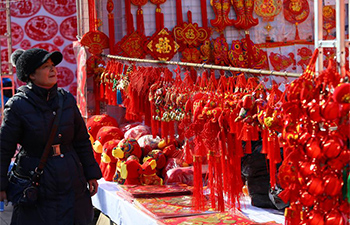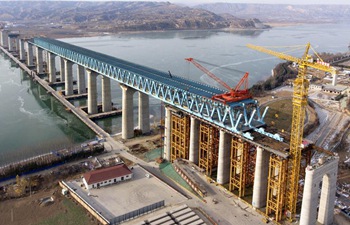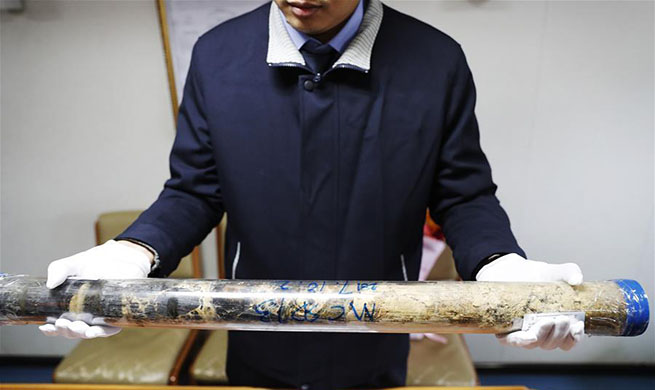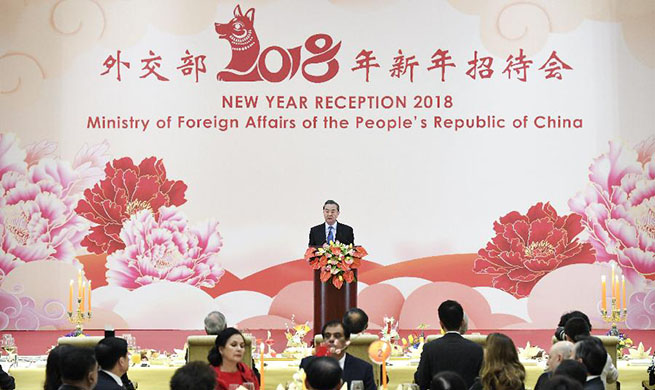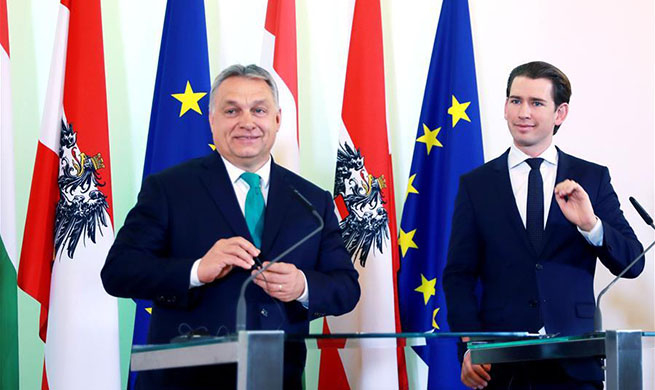BEIJING, Jan. 6 (Xinhuanet) – The rise of upstart populist parties is roiling European politics, but the growing populism is not going to interfere with the process of European integration, said Tian Dewen, deputy director of Bureau of International Cooperation of Chinese Academy of Social Sciences.
During a seminar hosted by Xinhuanet recently, Tian said populism has been a frequently mentioned word these years when people talk about Europe, but its influence is not significant enough to stop European integration.
First of all, candidates from populist parties lost in a string of elections last year, although they were in the lead at some point during the campaign.
Even if they did win, they cannot simply do whatever they want because most European countries have coalition governments, he said.
The biggest problem of populist parties, Tian pointed out, is that their proposals are often poorly thought out and unfit for political practice.
They attract voters by simple slogans without taking into account a number of variables and the interests of all people, Tian added.
However, populism does cast a long shadow upon Europe, as the mainstream parties, in order to compete with populists for voters, have to accept some of their policy preferences, for instance, preventing refugees from entering the country and pursuing protectionism in international trade.
The European Union is China’s biggest trade partner, and the rise of populism and protectionism will speed up the trade adjustment between China and Europe, Tian said.
According to Tian, China needs to accelerate industrial upgrading to deal with this adjustment.
It will push China to phase out more outdated production capacity and in the long term, benefit China’s development in the new era, he added.




